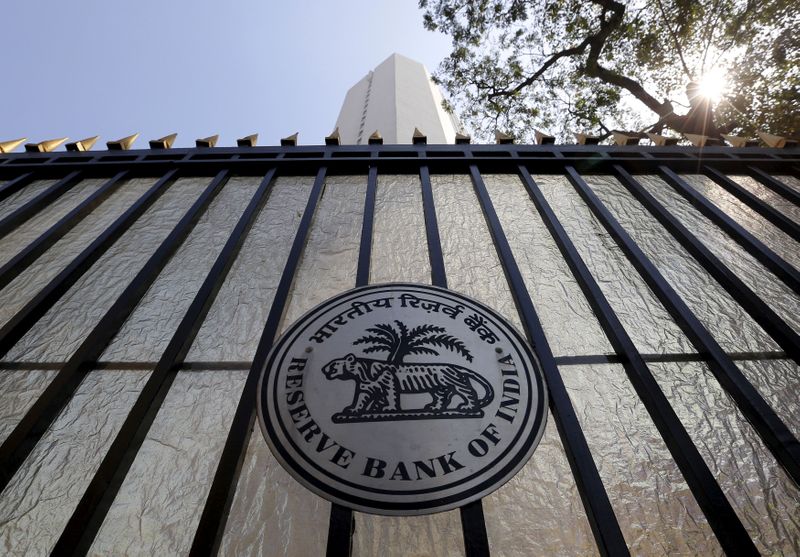By Swati Bhat
MUMBAI (Reuters) - Indian government spending will support the economy during the pandemic, but private consumption will be needed to drive any economic recovery once the coronavirus threat eases, the central bank said on Tuesday.
"An assessment of aggregate demand during the year so far suggests that the shock to consumption is severe, and it will take quite some time to mend and regain the pre-COVID-19 momentum," the Reserve Bank of India said in its annual report.
April-June quarter GDP data, set to be released on Aug. 31, is expected to show a contraction of 20%, according to a Reuters poll.
Private consumption will come back gradually with non-discretionary spending leading the way, until a durable increase in disposable incomes enables discretionary spending to catch up, the bank added.
"Upticks that became visible in May and June after the lockdown was eased ... appear to have lost strength," the bank said.
This weakening was mainly due to reimposition or tougher imposition of lockdowns, suggesting the contraction in economic activity was likely to prolong into the second fiscal quarter, it added.
Key downside risks to growth are wider pandemic spread, a deviation of seasonal monsoon rains from the predicted normal volume and global financial market volatility, the bank said.
The RBI advised that fiscal incentives for industry ought to be re-aligned in favour of productive labour-intensive companies so as to generate employment.
It also highlighted the need for specialised infrastructure-focused lending companies to help drive funding of major infrastructure projects. It also called for the diversification of financing options for companies, saying capital markets and foreign direct investment offer opportunities to bring in investors with a longer-term view, as also more durable capital.
The RBI said the banking sector needs to be freed of risk aversion, which is impeding the flow of credit to productive sectors and undermining the role of banks in the economy.
Despite a reduction in banks' bad loans as of March 2020, the system's resilience will be tested by the economic fallout of the pandemic, since measures to alleviate it masked the consequent build-up of stress in the system, the RBI said.
"Against this backdrop, a recapitalisation plan for public and private sector banks assumes critical importance," it added.
In a separate report, the RBI had warned that banks' bad loans could nearly double by the end of this fiscal year, while the capital adequacy ratio could fall to 11.8% in a severely stressed situation.
Data in the annual report showed frauds of 100,000 rupees and above at banks increased by 159% in terms of value in 2019/20, but the RBI said the date of occurrence of these was spread out over several previous years.
Total frauds stood at 1.86 trillion rupees in FY20 versus 715.43 billion rupees in FY19, data showed.
In the April-June quarter of 2020, however, frauds came down to 288.43 billion rupees in value versus 422.28 billion in the corresponding quarter in 2019.
The RBI's own balance sheet increased 30.02% by June 30, it added.
The increase on the asset side was due to a rise in domestic and foreign investments, loans and gold while on the liability side it was due to the increase in notes issued, deposits and other liabilities, RBI said.
